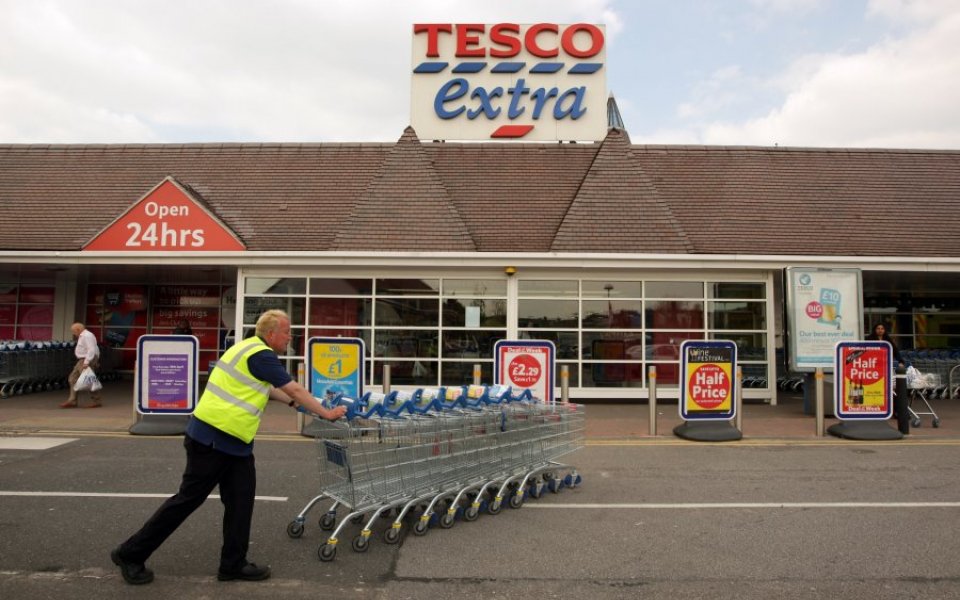Defined benefit pension schemes becoming less and less popular with FTSE 100 companies, as contributions for their provision falls by 13pc in a year

Defined benefit (DB) pension schemes have fallen further out of favour among FTSE 100 companies, as payments for their provision have tapered off.
Research released today by JLT Employee Benefits has revealed that ongoing DB pension provisions among FTSE 100 firms fell 13 per cent in real terms to about £7.2bn in the 12 months to 30 June 2015.
Just 23 of the FTSE 100 still incur ongoing DB service costs totalling more than five per cent of their payroll. Costs of this level would indicate that the company has a significant number of staff benefiting from a DB scheme, which offer a payout to retirees dependent on factors such as salary and years of service rather than amount contributed to a pension pot.
“We are seeing increasing evidence of the closing down of the UK’s private sector DB pension schemes,” commented Charles Cowling, director at JLT Employee Benefits. “Even among FTSE100 companies, fewer and fewer are providing DB benefits to employees. Tesco, United Utilities and the Royal Mail are just a few more major employers recently looking to close the doors of their DB schemes to all employees for future benefit accrual.”
Cowling added: “All this comes against a backdrop of significant reforms in UK pensions. Tax changes and the end of contracting-out, as well as soaring costs, are encouraging employers to look elsewhere when designing remuneration strategies for employees. Sadly, this does not bode well for long term retirement savings in the UK.”
JLT’s research also raises question marks over the funding position of FTSE 100 pension schemes, with the deficit standing at £78bn at the 30 June 2015, a slip of £19bn compared to the same time the year before.
Total disclosed pension liabilities have also increased from £577bn to £614bn over the same time period.